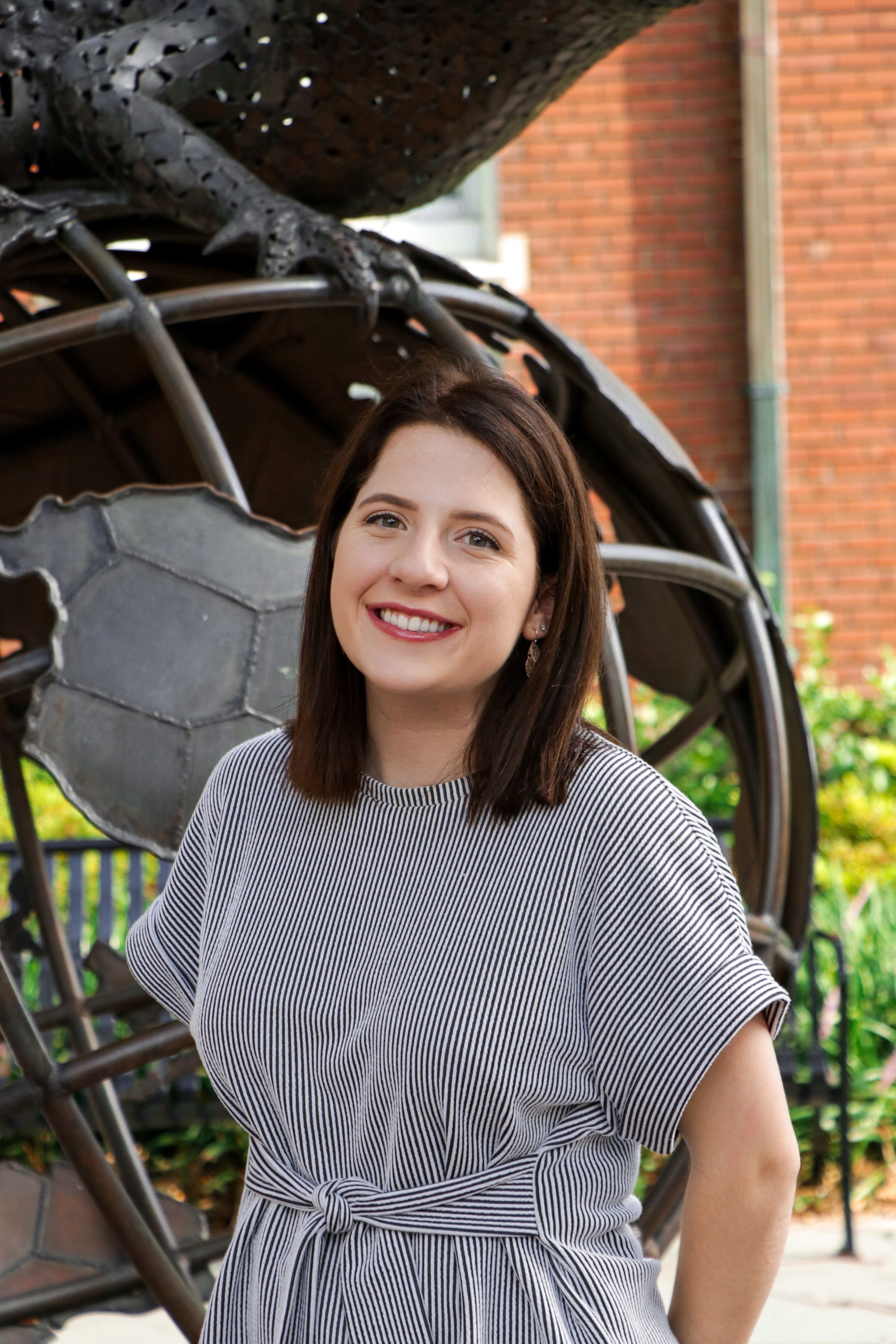UF Economics offers a combined degree program sequence combining the Bachelor of Arts in Economics and the Master of Arts in Economics with a concentration in Econometric and Data Analysis. Eligible students may substitute 12 semester hours of graduate courses for undergraduate courses. These letter-graded, graduate level courses earned with a grade of B or better are double-counted toward the 36 credits required for the Master of Arts (without thesis) in Economics. All students in the graduate program complete the concentration in Econometric and Data Analysis.
The combined degree program allows students to complete the M.A. degree in as little as one year after receiving the B.A. degree. The program is designed to equip students with the economic theory and technical skills required to analyze practical problems in the private or government sector. This is a “terminal” masters program, and is intended for students with career interests in economic analysis and consulting and public policy. This program is not appropriate as an intermediate step to gaining admission to a Ph.D. in Economics program.
Course Schedule
All students complete graduate coursework in microeconomic theory, macroeconomic theory, and applied econometrics. The program consists of three twelve-credit semesters, during which the entire cohort takes a common set of courses. Students begin this program in their senior spring semester. All graduate Economics courses are four credits.
Term | Courses |
| Term 1 (Spring) |
|
| Term 2 (Fall) |
|
| Term 3 (Spring) |
|
 “I was unsure of the path I wanted to take with my career. However, the advice of the professors from the program, as well as the opportunity to explore more topics within the field of economics, allowed me to develop a clearer plan for my career goals. I left the program much more confident in my own skills and with a certainty that I wanted to have a career centered in economics.” Maia Crook, Federal Reserve |  “The MA in Economics program provided me with the knowledge and skills to stand out from my peers. I wouldn’t be where I am today without it.” Steven Orban, KPMG |  “The Economics M.A. program allowed me to further develop my econometrics skills while also diving deeper into economic theory that I did not have a chance to pursue during my undergraduate studies. It dabbles in some basic finance principles which prepared me for my career in financial consulting. The staff brings a lot of knowledge and passion to the program and were a huge highlight of my experience.” Brittany Gaston, FTI Consulting |